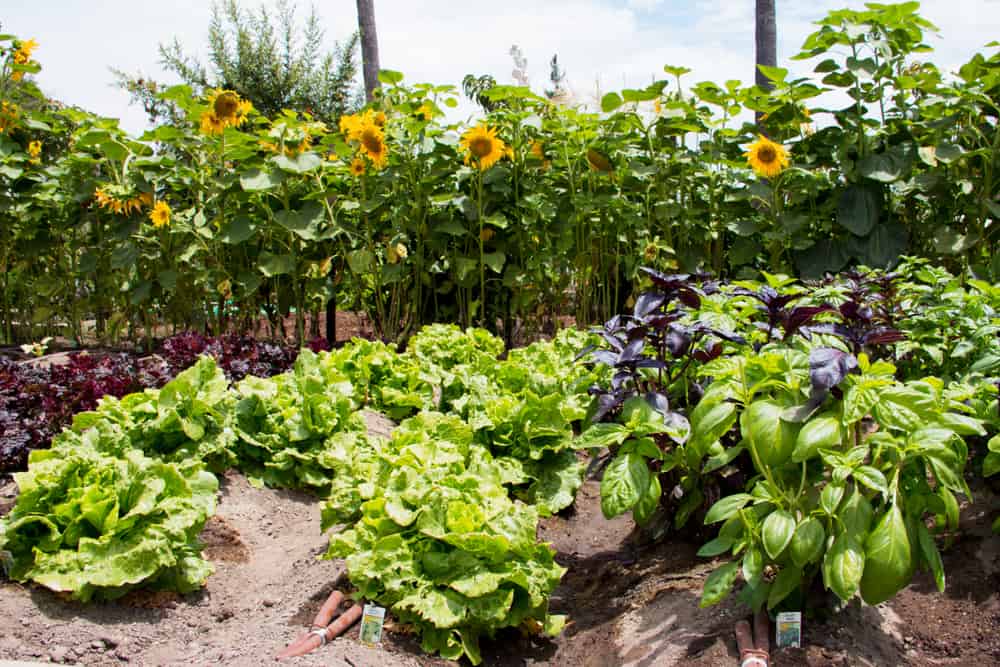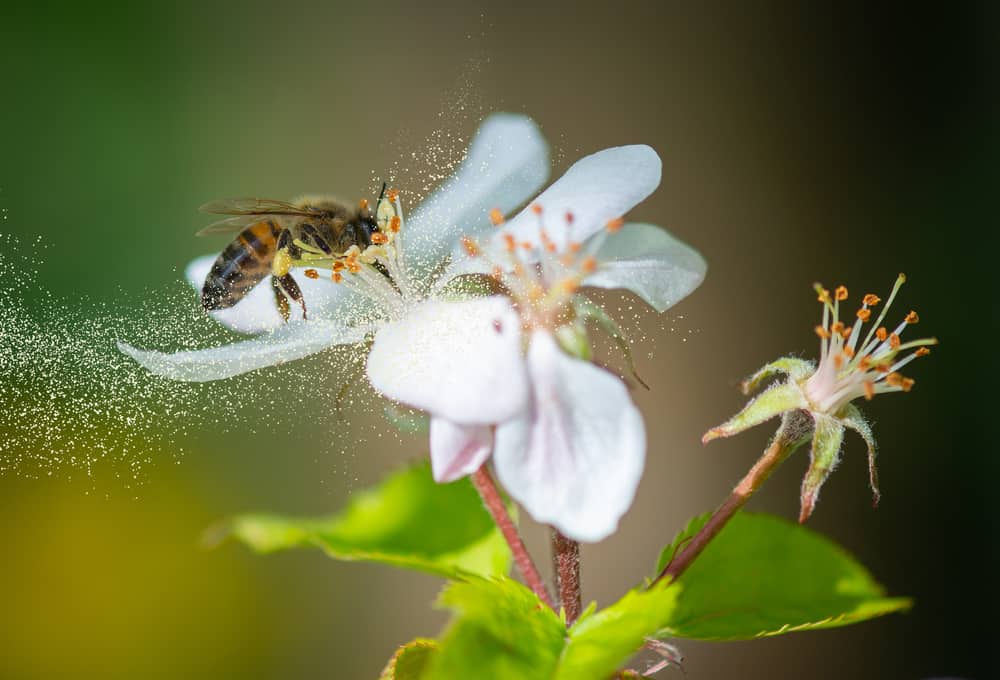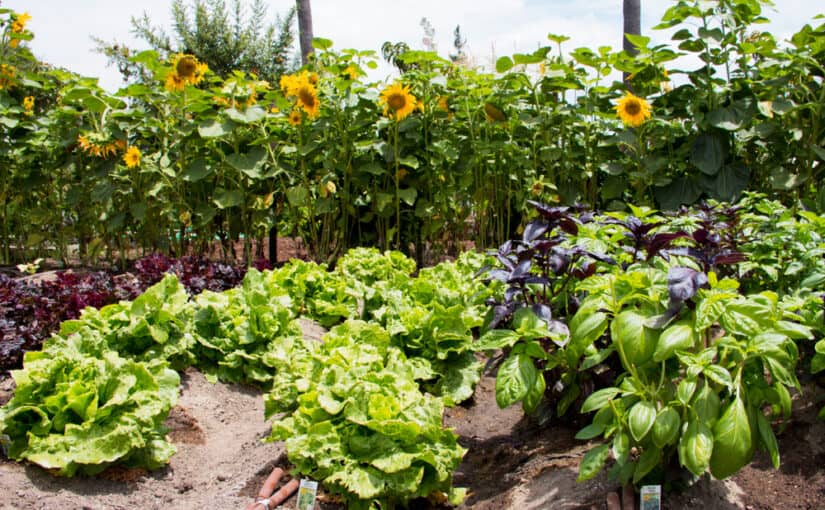Organic gardening is all about working with nature, not against it. Proponents of organic gardening believe that it is possible to grow healthy, beautiful plants without the use of synthetic fertilizers and pesticides. Instead, organic gardeners rely on compost, mulch, and other natural methods to nourish their plants.
If you’re thinking about starting your own organic garden, read on to learn more about this rewarding hobby.

The Benefits of Organic Gardening
Organic gardening has many benefits for both people and the environment. First and foremost, organic gardens are healthier for both people and wildlife.
The use of synthetic pesticides and fertilizers can be harmful to both people and animals. By avoiding these products, organic gardeners help to create a safer environment for everyone.
In addition, planting an organic garden is a great way to attract beneficial insects such as ladybugs and bees, which help to pollinate flowers and keep destructive pests in check.

Another benefit of organic gardening is that it helps to preserve biodiversity. The loss of plant and animal species has been linked to the widespread use of synthetic pesticides and fertilizers. By avoiding these products, organic gardeners help to protect the world’s biodiversity.
Finally, organic gardens are more aesthetically pleasing than traditional gardens. Because they don’t rely on harsh chemicals, they tend to be more colorful and inviting places.
Getting Started with Organic Gardening
If you’re interested in starting your own organic garden, there are a few things you’ll need to do before you get started. First, you’ll need to choose a location for your garden. It’s important to choose a spot that gets plenty of sunlight and has well-drained soil. Once you’ve chosen a location, you’ll need to prepare the soil for planting by adding compost or other organic matter.
Next, you’ll need to decide what plants you want to grow in your garden. If you’re not sure where to start, consider planting some vegetables or herbs. These are relatively easy to care for, and they provide plenty of benefits for both people and wildlife.
Finally, once you’ve chosen your plants and prepared the soil, it’s time to start planting. Be sure to water your plants regularly and give them plenty of sunshine.
With a little care, your organic garden will soon be blooming.
